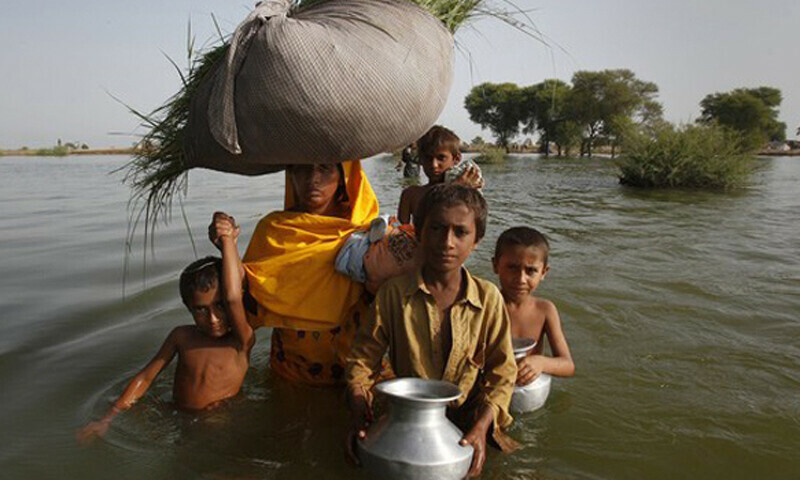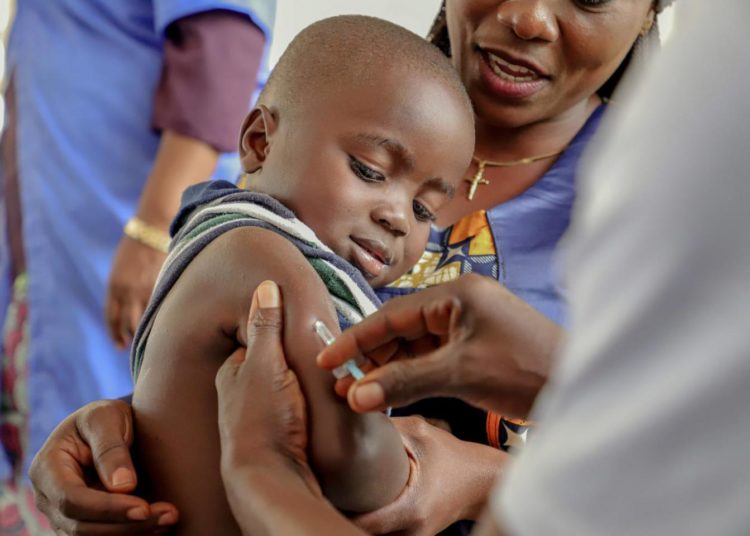Climate Crisis Alert: 41 Million More Face Extreme Poverty by 2050

Climate Change Threatens to Reverse Global Poverty Reduction Gains
A new report from the World Bank highlights the severe implications of climate change on global poverty reduction efforts, projecting that climate-induced income losses could push an additional 41 million people into extreme poverty by 2050. Titled ‘The Future of Poverty: Projecting the Impact of Climate Change on Global Poverty through 2050’, the study warns that the total number of individuals living in extreme poverty worldwide could nearly double due to environmental shifts.
Key projections include:
A potential rise of up to 148.8 million people living in extreme poverty globally.
A concentration of poverty in South Asia, where 48.8 million people could be impoverished by 2030.
The report identifies Sub-Saharan Africa, South Asia, and Latin America and the Caribbean as the most at-risk regions. In these areas, extreme weather events are expected to exacerbate existing vulnerabilities and expose the weaknesses of social protection systems, hindering development and poverty eradication efforts.
Urgent Need for Global Action and Inclusive Policies
To mitigate these outcomes, the World Bank stresses the critical need for strengthened social safety nets and targeted subsidies for the most vulnerable populations. The report calls for international cooperation, urging high-income countries—the largest historical contributors to global emissions—to:
Provide vital financial resources
Facilitate technology transfer
Support capacity-building in low- and middle-income countries
These measures are essential for building resilience to climate shocks and supporting a transition to low-carbon development.
Additionally, the report emphasizes that reducing income inequality must be central to any anti-poverty strategy. Even small increases in inequality could result in substantial rises in poverty. Thus, it advocates for:
Inclusive economic growth
Dismantling barriers to education and employment
Strengthening social protection systems
Key policy recommendations include expanding access to healthcare, education, and financial services, and investing in agriculture, infrastructure, and climate adaptation to enhance livelihood resilience.
Escalating Economic and Food Security Risks
The report warns that climate change-induced rising food prices will further intensify poverty, especially in developing countries where food comprises a large share of household spending.
Without intervention, global economic output could shrink by 23% by 2100 compared to a climate-neutral scenario. Most projections estimate global income losses exceeding 20%, illustrating the severe economic consequences of inaction.
Notably, the poorest countries will suffer the most, as they are often located in already warm regions that are more vulnerable to temperature increases. This disproportionate impact highlights the urgent need for equitable climate policies and targeted international support.
You may also like...
Haaland's UCL Rampage: Brace, Record, and X-Rated Fury Rocks European Football!

Manchester City were held to a frustrating 2-2 draw against Monaco in the Champions League, despite Erling Haaland's two...
Manchester United's Managerial Maze: Amorim on the Brink, Solskjaer's Ghost Looms

Ruben Amorim faces unprecedented pressure at Manchester United as inconsistent results and a low Premier League standing...
Real-Life Couple Justin Long & Kate Bosworth Unleash 'Coyotes' Horror Comedy, Securing UK Deal

Real-life partners Justin Long and Kate Bosworth star in the new horror comedy and survival thriller “Coyotes,” a film t...
Kenyan Star Bahati Ignites Firestorm with Provocative New 'Seti' Track!

Bahati has ended his musical hiatus with the controversial new song "Seti," featuring explicit content that deviates fro...
Global K-Pop Domination Ignored by Grammys? A Critical Look

Korean pop music has achieved global megaforce status, dominating charts and captivating millions of fans worldwide. Des...
One Direction Reunites! Global Pop Idols Confirm Massive New Project

One Direction stars Louis Tomlinson and Zayn Malik are reportedly reuniting for a Netflix road trip documentary, set to ...
Royal Arrival: Victor & Henrietta Thompson Welcome Baby Princess Zivah!

Gospel singer Victor Thompson and his wife, Henrietta, have joyfully welcomed their baby girl, Zivah Ufuoma Tamunopakiri...
Viral Sensation: M&S 'Cuddle' Jumper Takes Autumn by Storm at Just £26

Discover the M&S Textured Crew Neck Jumper, a viral sensation perfect for colder days. Praised for its luxurious feel, v...





